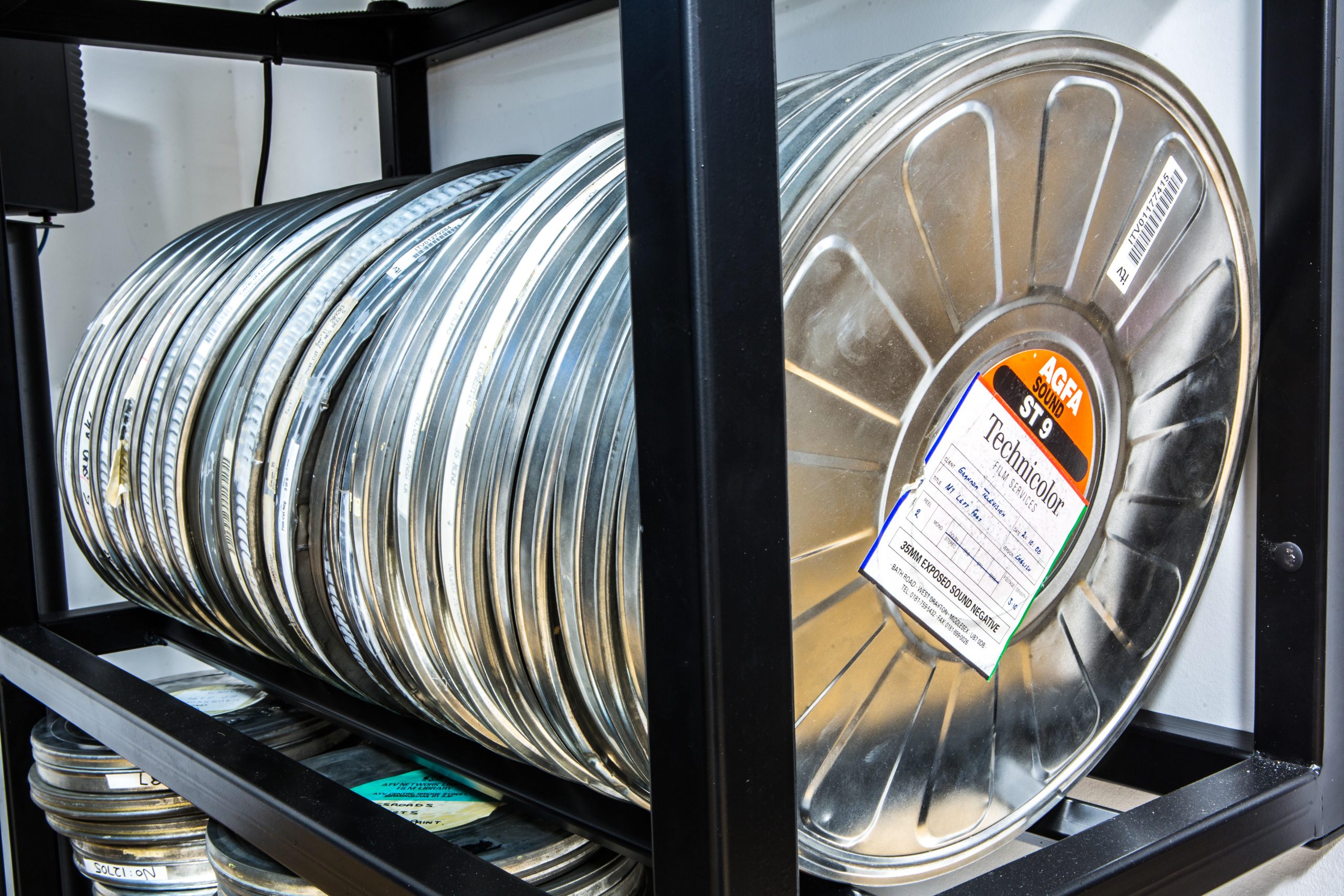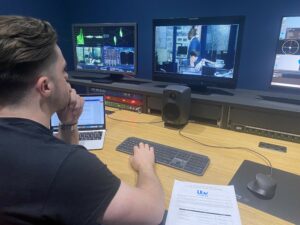Licensing Rights for Film Archives
9 January 2024In the world of filmmaking, film archives serve as a powerful tool to transport audiences across time, providing invaluable perspective and reference. However, the use of such footage comes with the crucial need to navigate the intricacies of licensing rights for such archives. This guide aims to shed some light on the key aspects of understanding licensing rights for film archives, empowering filmmakers to fully utilise the power and impact of the imagery while respecting legal boundaries.
Defining Licensing Rights for Film Archives
Licensing rights for film archives revolve around the legal permissions required to use pre-existing material in new productions. The original creators or copyright holders of the footage hold exclusive rights to its use, and obtaining a license involves securing their permission. This process ensures that filmmakers can integrate the historical footage into their projects without infringing on intellectual property rights.
Determining Public Domain Status
Public domain footage is a filmmaker’s treasure, as it is not protected by copyright and can be freely used without obtaining a license. However, determining the public domain status of footage is not always straightforward. Factors such as the age of the material, copyright expiration, and international copyright laws all come into play. Filmmakers must conduct thorough research to ascertain the public domain status, ensuring they have the right to use the footage without any legal repercussions.
Navigating Clearances
Clearances are a critical aspect of licensing rights for film archives and involve obtaining permission from the copyright holder to use their material. This process requires negotiation and the establishment of terms and conditions that govern the usage of the footage. Filmmakers must be diligent in securing comprehensive clearances, leaving no room for ambiguity. Clearances should specify the intended use, duration, geographic region, and any other relevant parameters, ensuring a smooth collaboration between the filmmaker and the copyright holder.
Understanding Fair Use
Fair use is a legal doctrine that allows for the use of copyrighted material without permission for purposes such as criticism, commentary, news reporting, teaching, scholarship, or research. However, the application of fair use is often nuanced and subject to interpretation. Filmmakers must carefully evaluate whether their use of film archive footage qualifies as fair use, considering factors like the purpose, nature, amount, and effect on the market value of the original work. While fair use provides a valuable tool for filmmakers, it is not a one-size-fits-all solution and should be approached with care.
Rights and Restrictions in Licensing Agreements
Licensing agreements outline the terms and conditions under which filmmakers can use footage from film archives. These agreements specify the rights granted by the copyright holder and any restrictions imposed. Common elements include the duration of the license, the geographic region in which the footage can be shown, and the platforms on which it can be distributed. Filmmakers should carefully review and negotiate these agreements to ensure they align with their creative vision and distribution plans.
Embracing Technological Advances
As technology continues to evolve, filmmakers must adapt to new distribution platforms and media outlets. Licensing agreements should address the changing landscape of film distribution, including considerations for streaming services, social media platforms, and emerging technologies. Being forward-thinking in negotiating licensing rights ensures that filmmakers can leverage the full potential of their archive footage across various mediums.
Budgeting for Licensing Fees
Securing licensing rights often comes with financial implications. Filmmakers must budget for licensing fees, which can vary based on factors such as the rarity of the footage, its historical significance, and the intended use. Negotiating fees with copyright holders requires careful consideration, and filmmakers should be prepared to allocate a portion of their budget to ensure legal and ethical use of film archive footage.
Understanding licensing rights for film archives is an essential skill for filmmakers seeking to weave historical richness into their projects. From determining public domain status and navigating clearances to embracing fair use, negotiating rights and restrictions, adapting to technological advances, and budgeting for licensing fees – a comprehensive understanding of these aspects ensures a harmonious collaboration between filmmakers and copyright holders. By navigating this landscape conscientiously, filmmakers can unlock the cinematic vaults and create timeless works that merge the past with the present.
Both ITV Archive and ITV Content Services enables ITV, external production companies and other film archives to either license our archive content or access and maximise the potential of the their own film and tape collections through its digital transfer and restoration services.
If you would like to learn more and/or discuss any potential project please get in contact with our teams and we will be delighted to help you.
For all film and tape access, digital transfer and restoration inquiries :-
ITV Content Services
104 Kirkstall Road
Leeds
LS3 1JS
www.itvcontentservices.com
Email:content.services@itv.com
For all archive clip and content licensing inquiries :-
www.itvarchive.com
Email : clipsales@itv.com




